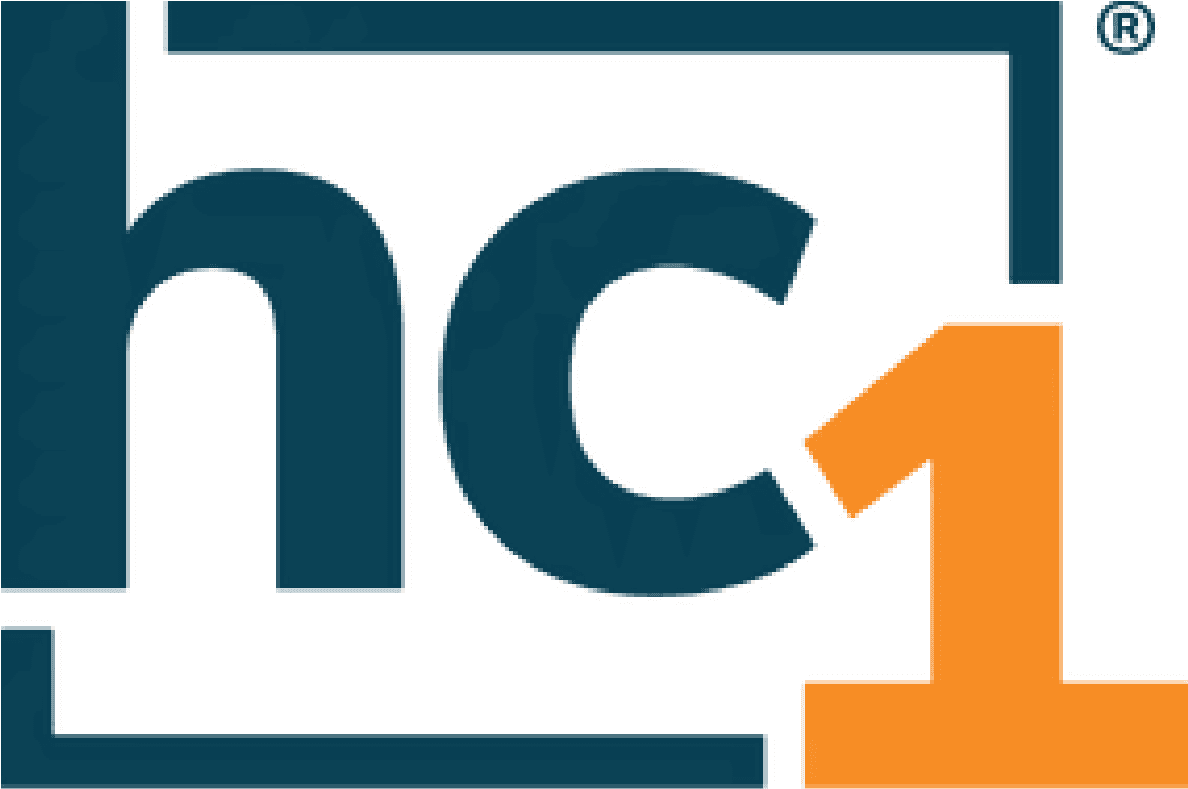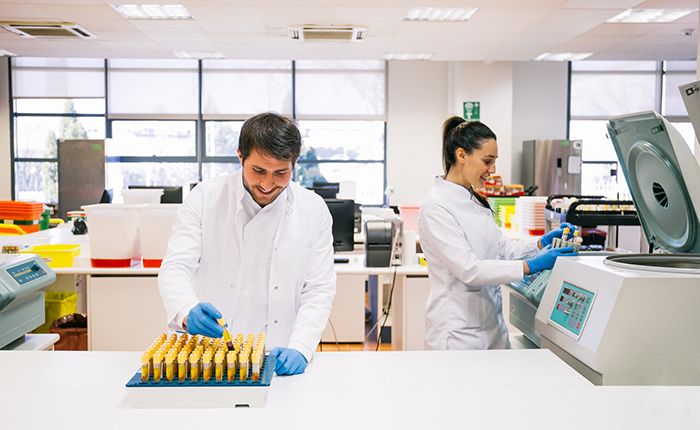November 10, 2023
Health system laboratories are entering a pivotal season as they move beyond the COVID-19 pandemic and take on the challenges that have been left in its wake. From critical staffing shortages to extraordinary financial pressures to rapidly changing technology, labs are being tasked with increasing volume, generating more revenue and adapting to new technology despite fewer staffing, supply and financial resources.
Here are the top three challenges health system labs are facing and how hc1 can help overcome them.
1. Lack of Staffing
Lack of staffing is one of the biggest challenges health system labs face. The United States faces a critical shortage of laboratory professionals of around 20-25,000 individuals, roughly one medical laboratory scientist per 1,000 people. Further, a recent survey of lab professionals uncovered that 73 percent of laboratories are understaffed.
As lab professionals are being asked to do more with less, there are several risks. When lab departments are understaffed, it can lead to missed benchmarks and increased turnaround time. Additionally, understaffing can lead to burnout and the loss of even more staff – 85.3 percent of respondents to a survey by the American Society for Clinical Pathology reported having felt burnout as a laboratory professional.
To fill in the gaps, labs are left to pay overtime hours, hire contract staff or send testing out to reference labs. All of these are costly solutions that negatively impact the lab’s bottom line, leading to the next challenge health system labs are facing…
2. Growing Revenue Through Outreach
Hospitals and health systems are facing extraordinary financial pressures. According to a report from the American Hospital Association, over half of hospitals ended 2022 operating at a financial loss, primarily due to hospital expense growth outpacing Medicare reimbursement by about 10 percent.
To combat these financial challenges, health systems are looking for ways to “launch new lines of business, add new services and find ways to differentiate,” as stated by Optum in a recent report. Their survey of 150 healthcare leaders found that 49 percent consider growth one of the industry's top challenges.
Within the lab, this often means starting or growing outreach programs to generate additional revenue for the health system. “Hospital-based labs across the United States are forging ahead with their lab outreach services in ways that generate many benefits,” said Jane Hermansen, manager of outreach and network development at Mayo Clinic Laboratories, in an interview with Dark Daily.
Yet, many labs run their outreach programs out of LIS or Excel, which are not designed for tracking sales activity and managing customer service cases like a customer relationship management (CRM) platform. Meanwhile, others who are new to the outreach business may not have any systems or processes in place to ensure efficient workflows, quality service and accurate data. On the topic of data…
3. Becoming More Data-Driven
Healthcare organizations of all types – including laboratories – are beginning to understand better the importance of data in improving operations, optimizing spend and making better business decisions. The Optum survey referenced above found that data and analytics are the top investment priority for healthcare leaders, with nearly 90 percent of respondents considering data and analytics maturity as an area of importance.
In the lab, data analytics are becoming more prevalent. According to Medical Laboratory Observer's State of the Industry: Lab Data Analytics, 49 percent of lab professionals said they are utilizing data analytics for some aspects of their operations and planning, up from 42 percent in 2022. These labs are using data to monitor turnaround time, analyze cost per test, measure staff productivity, uncover unnecessary testing and more
However, becoming more data-driven is easier said than done. According to the Medical Laboratory Observer report, only 31 percent of labs have access to real-time data in their analytics tools. Additionally, 51 percent of respondents said interoperability and data integration issues with LISs or EHRs are a stumbling block to implementing electronic processes at their labs.
When considering the staffing shortages and financial pressures previously mentioned, health system labs can’t afford to waste time navigating between disconnected systems and manually manipulating data to get the reports and insights they need.
hc1 can Help Your Health System Lab Overcome Challenges
For over a decade, hc1 has been helping the nation’s leading laboratories tackle their toughest challenges. Our secure, HIPAA-compliant, cloud-based solutions reveal real-time insights and signals with the lab’s own data, empowering lab leaders to optimize operations, engage with providers and inform testing and treatment decisions.
Labs are using the following hc1 solutions today to solve the abovementioned challenges.
Staffing: hc1 Workforce Optimization™ helps lab leaders proactively optimize staffing levels by predicting demand for lab services across the organization and suggesting specific, department-level resource adjustments.
Outreach: hc1 Operations Management™ brings sales, service and operations workflows onto a single platform to enable labs to act on sales opportunities, quickly resolve issues and ensure customers are satisfied.
Data and Analytics: hc1 Performance Analytics™ connects disparate lab data sources, such as LIS, billing and EHR, to deliver actionable, real-time insights via dashboards and reports designed specifically for the lab.
Are you ready to tackle the top three challenges your health system lab faces? Let hc1 help you overcome these hurdles and transform your lab's performance.
Take control of your lab's future and reach new heights! Request a demo to learn more about how hc1 can help you optimize staff scheduling, grow outreach and make data-driven decisions.
___________________________________________________________________________________
Mackin Bannon is the product marketing manager for hc1. Mackin held various roles covering nearly every marketing area before settling on product marketing as a focus and joining hc1 in 2022. During the workday, he enjoys bringing stories to life in clear and creative ways. In his free time, he enjoys following his favorite sports teams, collecting vinyl records and exploring Indianapolis.













